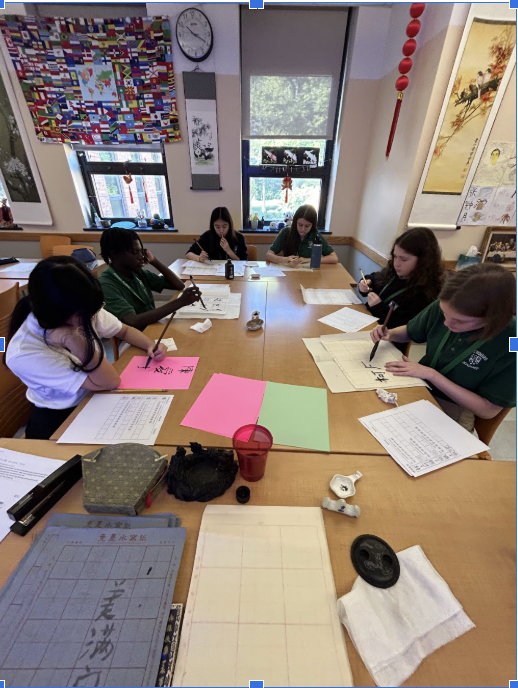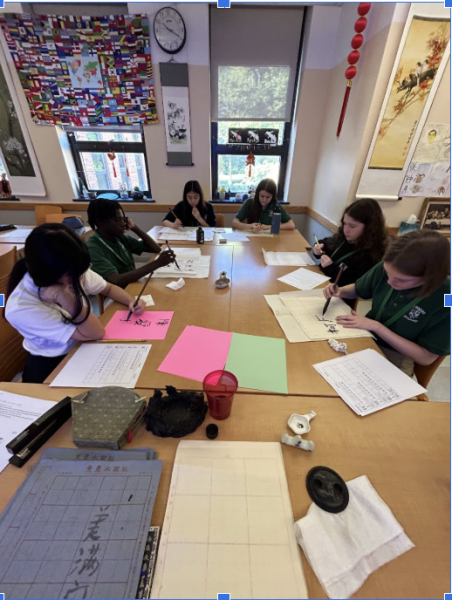Afghanistan and America – A Multigenerational Conflict?
The unrest in Afghanistan has been a topic of interest amongst major news sources since President Biden’s decision to withdraw American troops in late October. Despite all this buzz, not many people, particularly teenagers, know much beyond that.
For a brief history, US involvement in Afghanistan began 20 years ago, after the 9/11 terrorist attacks. Al Qaeda, the group accused of the attacks, was being protected by the Taliban, an Afghanistan-based Islamic extremist group.
The Taliban’s goal is to assume power in Afghanistan and instill laws that are in accordance with their interpretation of Islamic doctrine. While they claim to desire peace and justice in Afghanistan, many of their practices, like the disapproval of female education and public executions for criminals, suggest otherwise.
Former President George H.W. Bush launched attacks in Afghanistan in October of 2001, and a week later, the Taliban collapsed. Since that fateful day, the United States military has had a presence in Afghanistan and has helped to keep the Taliban at bay and instill a secure government.
Yet on October 30th, 2021, almost exactly 20 years later, US troops began to pull out of Afghanistan and chaos ensued. Within days, the Taliban regained power. A blanket of terror seemed to settle over the country of Afghanistan, as citizens wondered how their lives would change. The Taliban had managed to once again invoke fear among both Afghanis and citizens of the world.
Those who were not alive twenty years ago to experience the beginning of America’s longest war, may not be able to fully grasp the impact it has had. In order to figure out whether the events in Afghanistan are purely generational, or whether everyone is aware of their breadth, I interviewed several of my classmates and teachers at Archmere on their awareness of the issue.
A common thread that I found was that people of older generations have kept up with the news in Afghanistan, while teenagers of our generation have been more blind to what’s going on. Ally McLaughlin ‘22 says that she’s followed the withdrawal and knows why America initially became involved in Afghanistan but hasn’t felt much of the impact of the events.
In contrast, math teacher Mr. Johnson can recall the unrest of when the war began, “the war started when I was in college… after 9/11”. While not “super knowledgeable”, Mr. Johnson says that because of its relevance to his young adult life, he has kept up with the events of, and leading up to the withdrawal.
While this article is specifically about the events happening in Afghanistan, it is also applicable to the notion of generational issues: how an event that has defined the lives and experiences of one generation, easily becomes overlooked by another. It’s interesting to note how such an important piece of recent history and the current international climate escapes the notice of so many of our world’s generation of leaders.
Let this be a sign to all of us to learn more about history, gain more insight into the perspectives of others, and move toward a more enlightened future.

Jessica Lattanzi is a senior who loves being involved in the Archmere community. In addition to being on the Green Arch staff, she plays volleyball, serves...




















